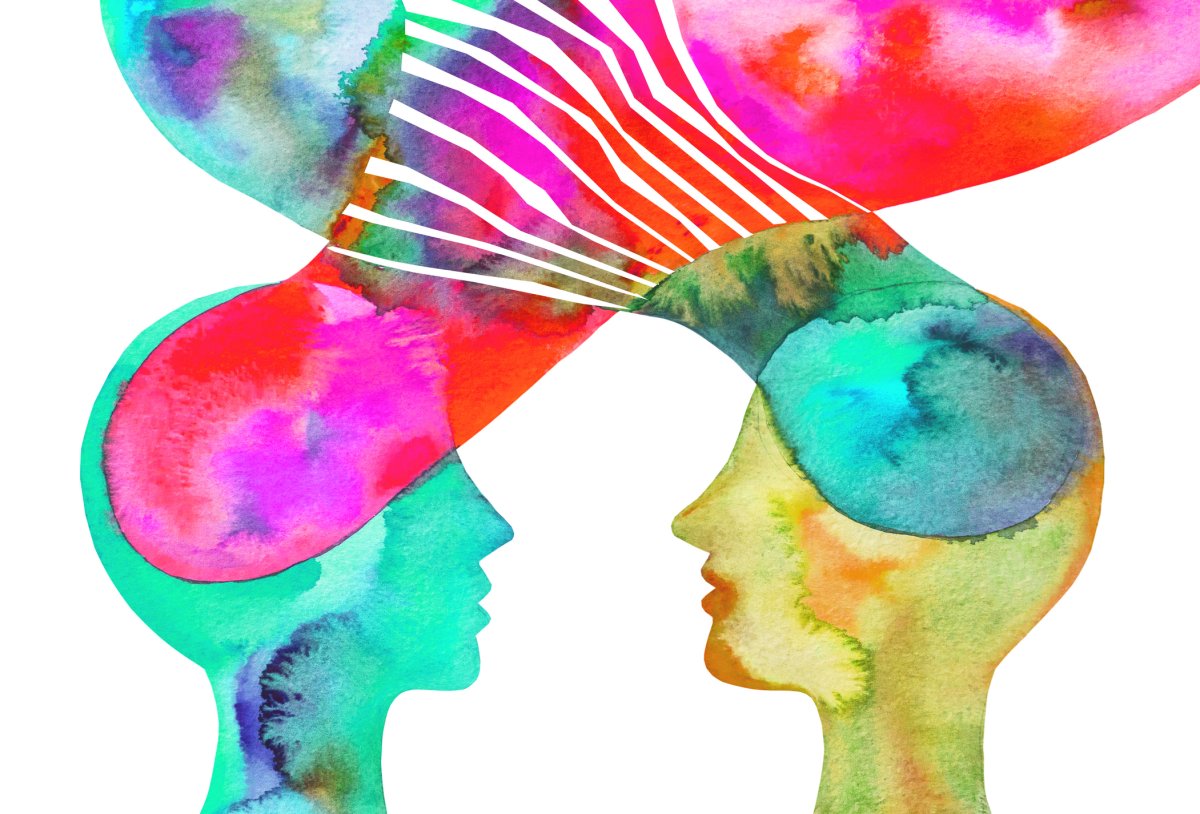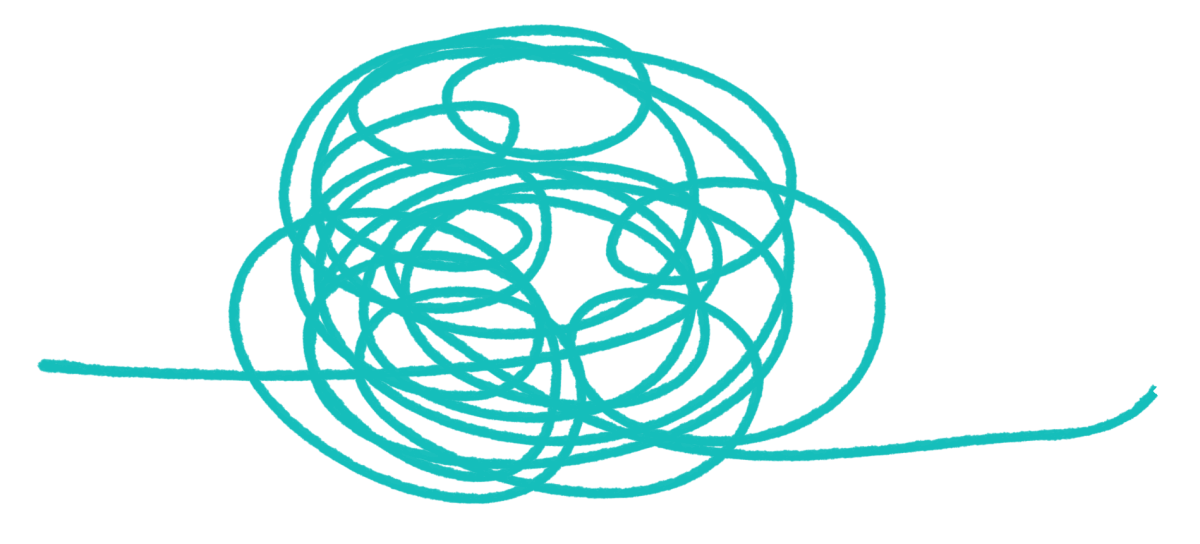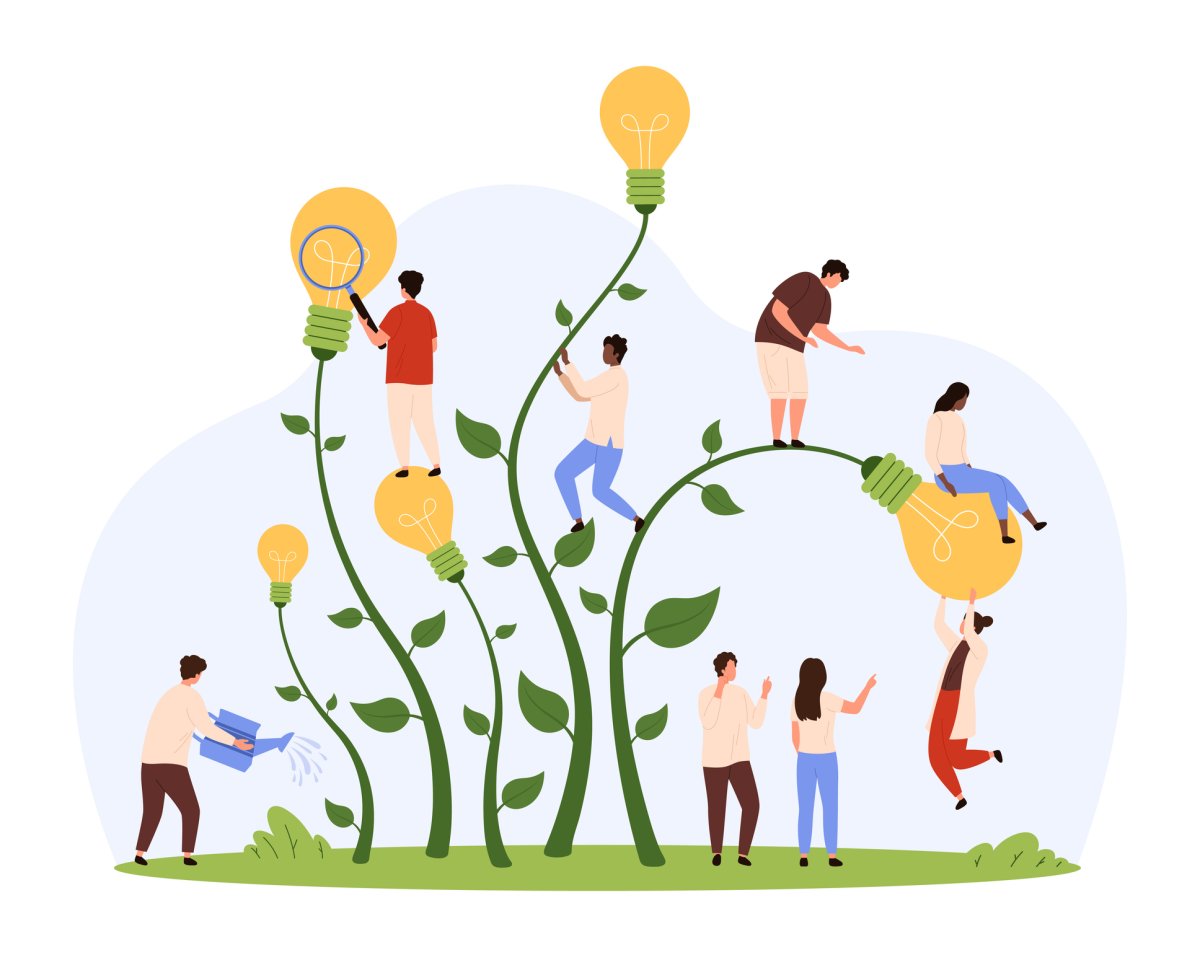Coaching
With room for complex challenges and human stories
More inclusive coaching
Because of my own leadership experience, I often work with leaders. But my motivation extends deeper. For people who don’t fit the norm or have gone through difficult or traumatic experiences, it can sometimes be hard to find a coach – I want to change that.
In addition to leadership, I specialize in things such as coaching for gifted people, trauma-informed coaching and neurodiversity-inclusive coaching. Stress, burnout, chronic illness and other challenges are also areas where I feel extra passionate about making a difference. I describe what I do as coaching with room for complex challenges and human stories, and I aim to meet my clients as they are, where they are.
Maybe you are autistic or have ADHD and are looking for a coach who understands neurodiversity? Maybe you are gifted and are looking for a coach who can keep up with your pace and explore at the depth and complexity you need for coaching to be useful for you?
Or you are simply looking for a coach who can give you space to come as you are with the goals and challenges you have. Does any of this sound like you? If so, you are always welcome to reach out!

What do you want?
In coaching, you set the goal. It can be anything from making a career change, maybe triggered by illness or burnout, to finding a way of living that is more in line with who you are and what you value. But these are just examples. We start from your unique situation, goals and ambitions.
You can read what my clients say about coaching with me here.
What is coaching?
Coaching is a conversational method designed to help you reach your goals, in a way that works for you. We start from your unique situation and work towards a goal of your choice. In coaching, you are the expert on your life, including what works and what doesn't, and we meet in a conversation with the aim of giving you clarity and new insights, so that you can move towards your goal, in the best way for you.



How I work
Neurodiversity
We are all different and coaching needs to make room for that. I am used to working with clients who are autistic, have ADHD, are gifted or neurodivergent in some other way. I am neurodivergent myself and I know how important it is that professionals can meet you as you are, without judgement. I always strive for my coaching room to be neurodiversity inclusive and neurodiversity affirmative.
Trauma-informed coaching
I aim to work in trauma-informed way. If you have PTSD, CPTSD or live with other effects of trauma, this will often influence the coaching process. While we don't treat trauma in coaching, we take your history into account and adapt the coaching to support your well-being and goals.
Chronic illness
I live with several chronic illnesses and understand the challenges that can come with long-term health conditions. In coaching, we often work with energy management and explore how to move forward, even when some things can't be changed. Coaching with chronic illness in mind means respecting both your goals and your limits. We work with what's possible, not against it.
Stress, burnout and mental health
Too many people live with chronically high stress levels. Burnout and mental health challenges are quite common today. We need to change that! I want my coaching to contribute to better health and less stress. People need spaces where they can talk about their mental health and their stress levels, not just about goals and performance. There's space in coaching to talk about what's hard, not just what's next. Reaching your goal, while also improving your well-being, makes success much more sustainable.
Interested in working with me? Feel free to reach out with questions orto book a meeting.

More about coaching
Coaching is about creating clarity, awareness and motivation. With a clear goal, greater awareness about what you want and why, and deeper insight into both your situation and how you work, you can take more conscious steps towards what you want. A coach will not tell you what to do. Instead the focus is on creating a safe space for open exploration, where you can find what works for you. Coaches use techniques such as asking questions, challenging, summarizing and reflecting back and you work in a partnership, where you both are experts but on different things. Many appreciate coaching because when you don't get advice it creates a non-judgmental space where you can find ideas and insights that are truly aligned with who you are and what you want.
To explain coaching further, I usually compare coaching with mentoring and therapy. A mentor is someone with more experience who shares their knowledge and gives advice. You might see a mentor if you are new in a leadership role and want to learn from a more experienced leader or you might be seeking a mentor if you want to make a career change and learn from someone who has walked that path before you. If you want to learn from another person's knowledge and get direct advice, a mentor is a better choice than a coach.
Therapy is about treatment and support and there's great information about therapy elsewhere. There are many different therapy forms, but in essence, a therapist offers treatment for things like depression, anxiety, grief, PTSD, attachment disorders and more. Therapists work from a theoretical foundation and tailor their approach based on diagnosis and individual needs. If anxiety is interfering with your ability to function in daily life or if you need treatment for a diagnosis, seeking therapy instead of coaching is the right choice. In therapy, you might revisit early experiences to uncover the root of an issue. In coaching, we work from the present toward your goals. We focus less on why something happened, and more on how you can move forward from where you are now. That might include working with things like performance anxiety or imposter syndrome, but we approach these from a forward-focused, goal-oriented perspective, while they might be approached differently in therapy.
It's not uncommon for someone to work with both a coach and a therapist at the same time. When that's the case, coaching often focuses on a specific goal, such as navigating a career change or finding new strategies at work after burnout, while therapy provides broader support and helps address the deeper patterns that may have contributed to the burnout in the first place.
If you'd like to know more about how coaching differs from mentoring and therapy you are always welcome to reach out.